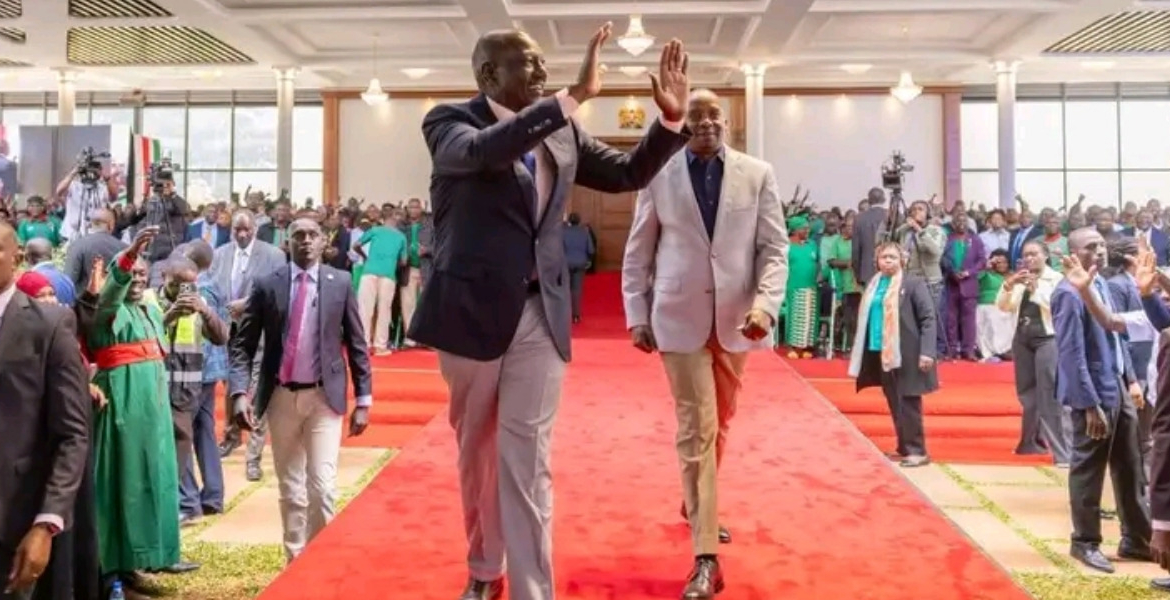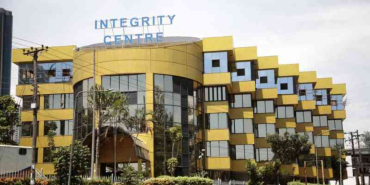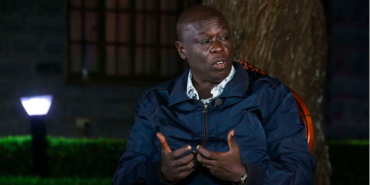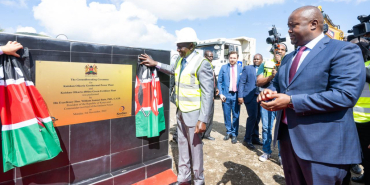Ruto Uses State House as Stage for Political Mobilisation

A weekend event at State House Nairobi brought together 10,000 teachers, where each received a Sh10,000 stipend following a meeting with President William Ruto, raising new questions about the use of the presidential residence for large-scale political gatherings.
Although the meeting was officially described as a consultation on education sector challenges, it included overt political messaging. Deputy President Kithure Kindiki led chants echoing the president’s re-election slogan, blurring the lines between government functions and political mobilisation. This was the latest in a series of at least ten such events recently held at the State House.
Legal experts are divided on the matter. While there is no law preventing the president from holding meetings at the State House, concerns have been raised over the ethical use of public funds. Former Law Society of Kenya President Eric Theuri noted that proving misuse of public resources is difficult without clear evidence.
“There is no law barring these meetings,” he said. “But the challenge lies in proving whether public resources are being misused. Allegations of bribery are difficult to substantiate.”
Opposition leaders have criticised the gatherings, questioning their purpose and financial implications. Busia Senator Okiya Omtatah called them a “reckless disregard for public resources,” arguing that such funds could be better used to address urgent national needs.
Kitui Senator Enoch Wambua urged Kenyans to remain alert despite receiving handouts, warning that such gestures do not address the country’s deeper economic challenges. Machakos Deputy Governor Francis Mwangangi drew comparisons with the 1992 political strategy of former President Daniel arap Moi, describing the teacher gathering as an attempt to influence public perception rather than a genuine policy discussion.
He likened it to the controversial Youth for KANU ’92 campaign, which was criticised for using state resources for political gain. In response to the criticism, President Ruto defended the events as efforts to open up government spaces to ordinary citizens. Speaking in Mombasa, he dismissed concerns over expenses such as refreshments, saying, “Those asking me about serving people tea and mandazis at the State House, I don’t know what else they want me to serve.”
Supporters of the president have argued that hosting delegations at State House is not new. Central Organisation of Trade Unions (Kenya) Secretary-General Francis Atwoli pointed out that previous presidents, including Moi, Kibaki, and Kenyatta, also welcomed large groups to the venue. He cited Labour Day celebrations held at State House during the Covid-19 period as an example.








Add new comment